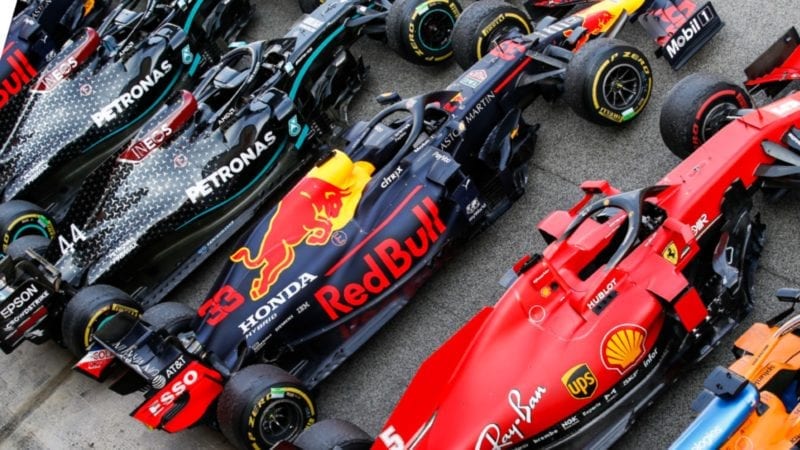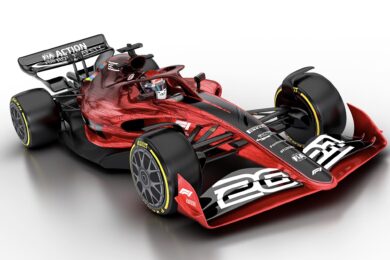Along with the engine freeze, teams also discussed future engine regulations set to be introduced in 2025. Key aims were agreed upon that included: sustainability and social and automotive relevence, fuel sustainability, powerful and emotive power units, cost reduction and attractiveness to new power unit manufacturers.
During the Commission meeting, teams also discussed the possibility of introducing sprint races to the schedule in 2021 which received positive feedback.
Plans to run an experimental format at three races this year are in the works but no formal agreement has been reached yet, though after today’s talks, an eventual trial during the upcoming season is not off the table.
For the plans to become official, 28 votes are needed out of a possible 30, with 20 of those split evenly between the FIA and F1 and the rest distributed to teams at one apiece.
Earlier this week, new Formula 1 CEO Stefano Domenicali confirmed that plans for a reverse-grid qualifying race would not go ahead anymore after the idea failed to gain unanimous support amongst the teams.
A discussion over further calendar changes was also held and the return of the Portuguese Grand Prix was confirmed. F1 is aiming to stage the race on May 2 to fill the former TBC slot for round three of the season.
Last year, Portimao hosted the first race in the country since 1996 and was regarded as a successful event.
Talks focused on the implementation of a salary cap were also held. F1 said a commission would be formed including drivers to discuss contracts for senior team members, drivers and management.


